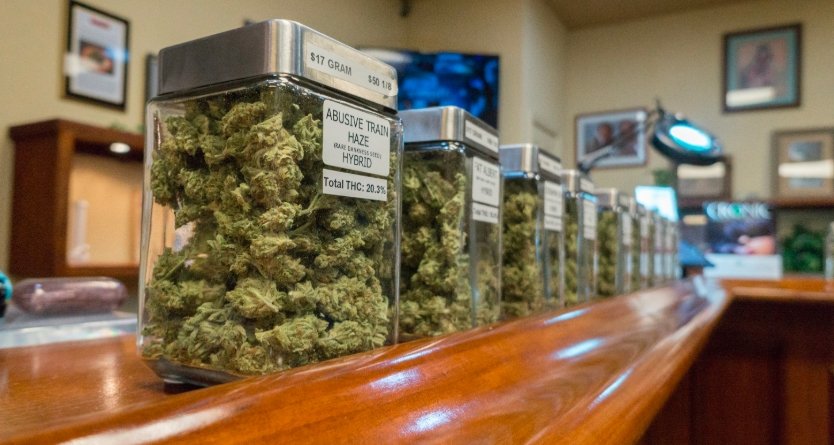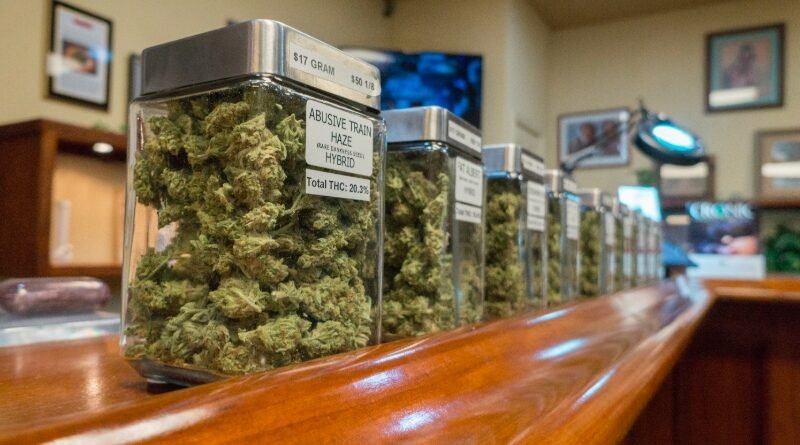Minnesota regulators have denied over 1,100 applications for the first round of cannabis business licenses. This significant rejection rate has sparked frustration among applicants and raised questions about the state’s new cannabis industry rollout.
High Rejection Rate in License Applications
The Minnesota Office of Cannabis Management (OCM) recently announced that two-thirds of applicants for the state’s initial cannabis licenses have been denied. Out of 1,800 social equity applications, 1,169 were rejected, leaving only around 280 licenses up for grabs.
Applicants were disqualified for several reasons, including:
- Failure to meet statutory requirements.
- Incomplete or inconsistent documentation.
- Fraudulent submissions aimed at exploiting the system.
Interim OCM director Charlene Briner explained that these denials were a result of a rigorous vetting process designed to uphold the integrity of Minnesota’s cannabis program. “This step is crucial to ensuring Minnesota avoids the setbacks other states have faced,” she said.

Applicants Speak Out
Frustration Over Technicalities
Some rejected applicants have expressed confusion and disappointment over what they perceive as overly strict requirements. Chad Olson, a veteran applying for a transporter license, was denied for failing to provide square footage details of his facility. Olson claims that this information was not explicitly requested in the original application.
“I’m kind of confused,” Olson said. “They asked for renderings of my garage and how vehicles would be arranged, and I provided that. But now they’re saying I missed something that wasn’t even clear at the start.”
Anticipated Legal Challenges
The high rejection rate has fueled speculation about potential legal action. Many applicants feel they were unfairly disqualified due to minor errors or ambiguous guidelines.
While applicants can reapply in future lotteries, the immediate denial has left some questioning the transparency and fairness of the process.
Social Equity and Predatory Practices
Protecting Social Equity Goals
Minnesota’s cannabis program prioritizes social equity applicants—those from communities disproportionately affected by cannabis-related enforcement. To qualify, these individuals must own at least 65% of the business.
Attorney Calandra Revering, an advocate for social equity provisions, praised the OCM’s strict vetting process. “It’s essential to prevent big businesses or bad actors from hijacking opportunities meant for minority-owned enterprises,” she said.
Revering pointed to Missouri as a cautionary tale, where predatory practices undermined social equity goals. She emphasized the importance of penalties for those attempting to exploit the system.
What’s Next for Minnesota’s Cannabis Industry?
Lottery Process and Future Opportunities
The vetted applications will now move to a lottery system to determine which businesses receive licenses. This lottery is expected to take place before the end of the year.
Cultivators who secure early licenses will be allowed to plant cannabis in preparation for market launch in 2025. Additional lotteries for social equity and general applicants will follow next year, offering more opportunities for hopeful entrepreneurs.
Ensuring Integrity
OCM remains focused on ensuring the integrity of Minnesota’s cannabis industry. Briner expressed confidence in the applicant pool moving forward. “We’re committed to creating a fair and inclusive process that sets Minnesota apart,” she said.




